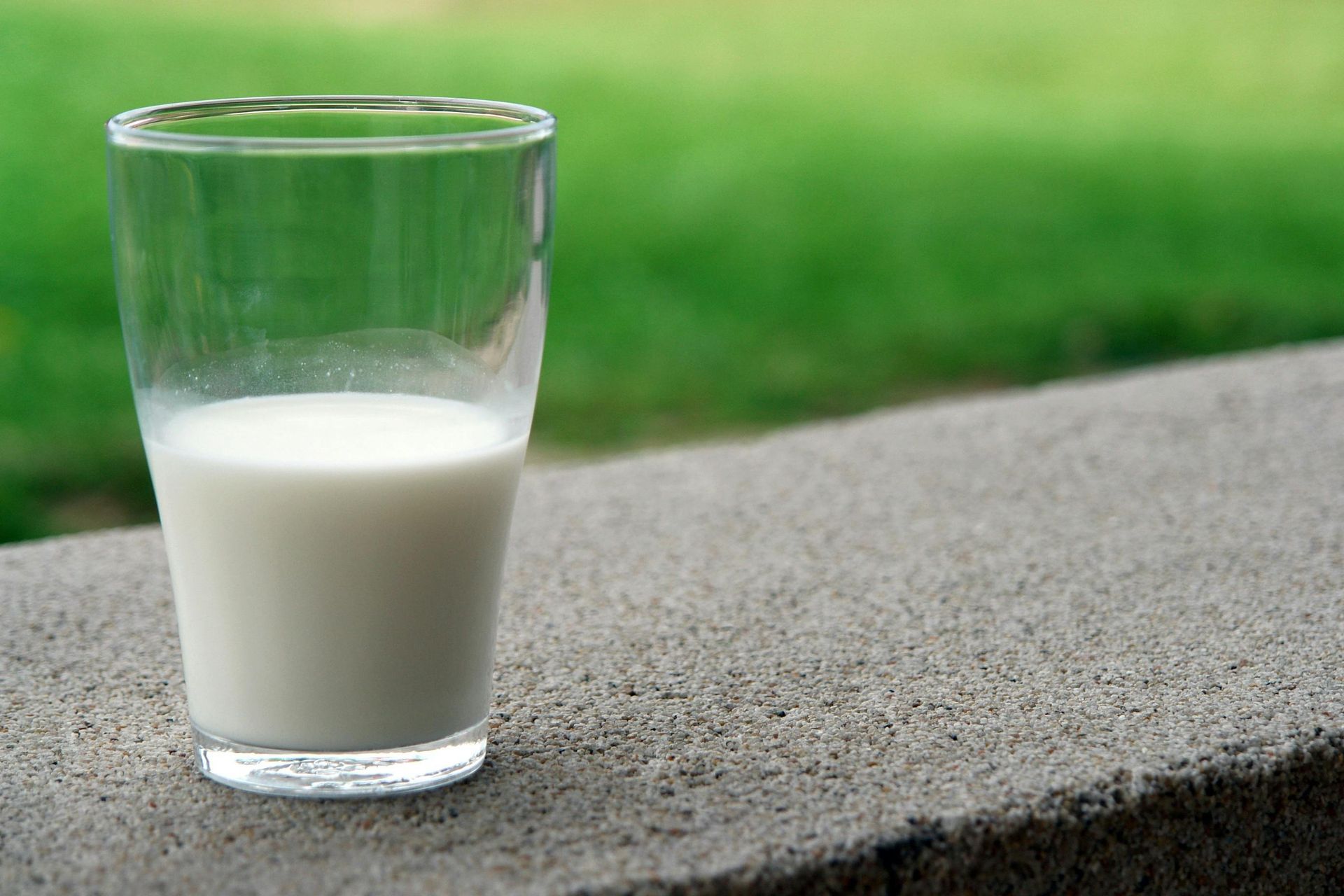June is Men's Mental Health Month: Harnessing Wellness and Nutrition for Better Mental Health

June is Men's Mental Health Month, a perfect opportunity to emphasize the vital connection between physical health and mental well-being. While mental health often takes a back seat to physical health, the two are deeply intertwined. Focusing on wellness and nutrition can lead to significant improvements in both areas, underscoring the importance of holistic health practices.
The Mind-Body Connection
The link between physical health and mental health is well-documented. Regular exercise, a balanced diet, and adequate sleep are not only essential for maintaining physical health but also play a critical role in enhancing mental well-being. Understanding and utilizing this connection can empower men to take proactive steps toward better mental health.
The Role of Nutrition in Mental Health
- Balanced Diet
- A balanced diet rich in fruits, vegetables, whole grains, lean proteins, and healthy fats is fundamental for overall health. Nutrient-dense foods provide the vitamins and minerals necessary for brain function and emotional stability. For instance, omega-3 fatty acids found in fish like salmon and mackerel are known to support brain health and reduce symptoms of depression.
- Gut Health
- Emerging research highlights the gut-brain axis, revealing how gut health impacts mental health. A diet high in fiber and probiotics, such as yogurt and fermented foods, can promote a healthy gut microbiome, which in turn supports better mental health by reducing inflammation and enhancing mood-regulating neurotransmitters.
- Hydration
- Staying adequately hydrated is crucial for cognitive function and mood regulation. Dehydration can lead to irritability and decreased concentration. Men should aim to drink plenty of water throughout the day to maintain optimal mental performance.
- Limiting Sugar and Processed Foods
- High intake of sugar and processed foods has been linked to increased risk of depression and anxiety. Reducing consumption of these foods and opting for healthier alternatives can stabilize mood and energy levels, contributing to better mental health.
The Impact of Physical Activity
- Exercise and Endorphins
- Regular physical activity releases endorphins, the body's natural mood lifters. Engaging in exercises such as running, cycling, or even brisk walking can significantly reduce stress, anxiety, and depression. Men should aim for at least 30 minutes of moderate exercise most days of the week to reap these mental health benefits.
- Strength Training
- Incorporating strength training into a fitness routine can boost self-esteem and mental resilience. Lifting weights or performing bodyweight exercises helps improve body image and provides a sense of accomplishment, both of which are crucial for mental well-being.
- Mind-Body Practices
- Activities like yoga and tai chi combine physical movement with mindfulness, promoting relaxation and reducing stress. These practices encourage men to connect with their bodies and minds, fostering a holistic approach to health.
Small Changes, Big Effects
- Start the Day Right
- Beginning the day with a nutritious breakfast can set a positive tone. A meal rich in protein, healthy fats, and complex carbohydrates can provide sustained energy and improve mood throughout the day.
- Mindful Eating
- Practicing mindful eating by paying attention to hunger and fullness cues, and savoring each bite can enhance the eating experience and prevent overeating. This mindfulness can extend to other areas of life, promoting overall mental well-being.
- Incremental Activity
- Incorporating small amounts of physical activity into daily routines, such as taking the stairs instead of the elevator or going for a short walk during lunch breaks, can accumulate to significant health benefits over time.
- Stay Connected
- Social connections are vital for mental health. Men should make an effort to stay connected with friends and family, whether through regular meetups, phone calls, or virtual interactions. Social support can provide a buffer against stress and promote a sense of belonging.
Conclusion
This June, as we observe Men's Mental Health Month, let's focus on the profound impact of wellness and nutrition on mental health. Small changes in diet and physical activity can lead to significant improvements in mental well-being. By adopting a holistic approach that prioritizes both physical and mental health, men can enhance their overall quality of life and break the barriers that often prevent them from seeking help. Embrace the power of wellness and nutrition as vital components of mental health this month and beyond.













